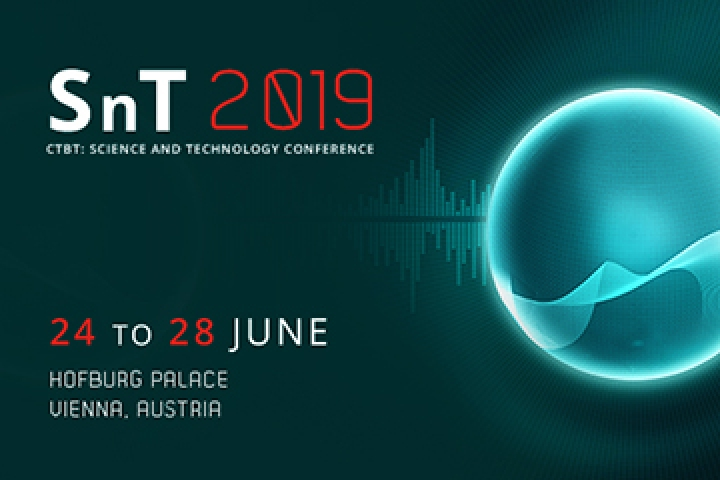Speaker
Description
Events near the boundary between the solid earth and atmosphere, such as the recent DPRK nuclear tests, generate both seismic and infrasound observations. This presentation explores the combined use of seismic and infrasound observations for joint localization of events based on a Bayesian framework. We explore the value of combining both types of observation in terms of the precision of the subsequent event location and origin time that is possible, relative to the precision using seismic or infrasound data alone. We use ground truth data that include repeated sources with regular basis in time such as mining activities and surface explosions. Using a combination of real and synthetic data, we explore when combining the two types of observation can improve the precision as a function of the numbers and distributions of stations, and of the spatial scale (local, regional, or global). This work highlights the importance a priori estimates of uncertainty in observations as well as models.

